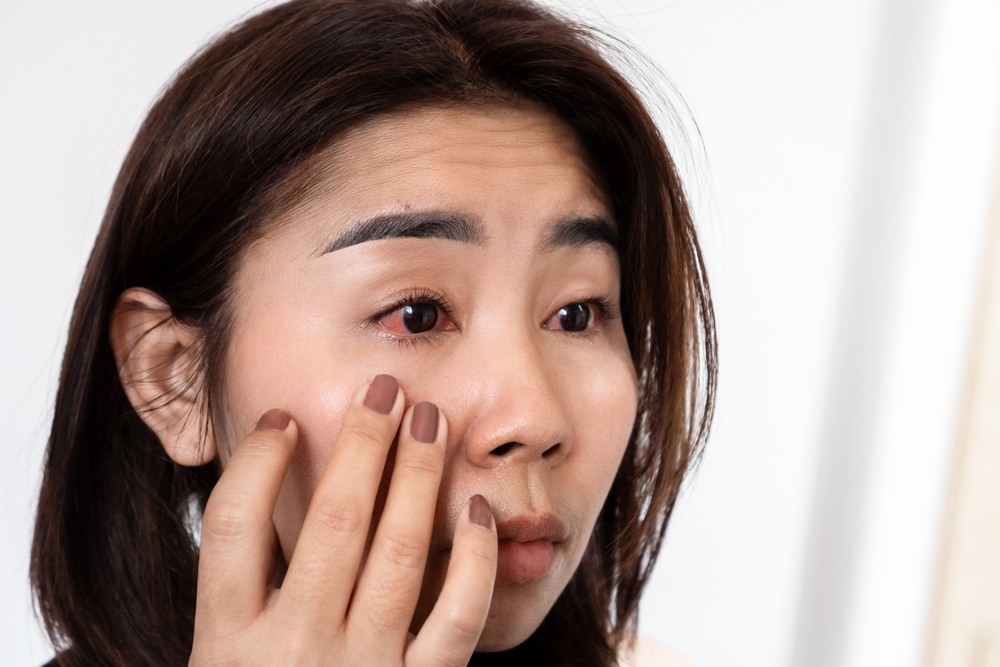
Eye allergies are a common issue that affects millions of people every year, causing symptoms such as redness, itching, tearing, and swelling. However, there are many misconceptions about what triggers eye allergies, how they can be treated, and whether they can be prevented. Let’s break down some of the most common myths and provide factual information to help you manage your eye allergies more effectively.
Myth 1: Eye Allergies Are Contagious
Fact: Eye allergies are not contagious. Unlike viral or bacterial conjunctivitis, which can spread through direct or indirect contact, eye allergies are caused by your immune system’s response to allergens such as pollen, dust mites, pet dander, or mold.
Myth 2: Only Outdoor Allergens Cause Eye Allergies
Fact: While pollen from trees, grass, and weeds is a major trigger for seasonal eye allergies, indoor allergens such as pet dander, dust mites, and mold can also cause symptoms. Those who experience eye allergies year-round may have a sensitivity to these indoor triggers.
Myth 3: Eye Drops Are the Only Treatment for Eye Allergies
Fact: While antihistamine eye drops can be an effective way to relieve symptoms, they are not the only option. Other treatments include oral antihistamines, allergy shots (immunotherapy), and lifestyle modifications like using air purifiers, keeping windows closed during high pollen seasons, and washing hands after handling pets.
Myth 4: Rubbing Your Eyes Helps Relieve Itchiness
Fact: Rubbing your eyes may provide temporary relief, but it can actually make your symptoms worse. Rubbing releases more histamine, which intensifies itching and inflammation. Instead, use cool compresses or artificial tears to soothe irritated eyes.
Myth 5: Contact Lens Wearers Can’t Develop Eye Allergies
Fact: Contact lens wearers can experience eye allergies just like anyone else, and they may even be more prone to irritation. Allergens can accumulate on the surface of contact lenses, leading to discomfort. Switching to daily disposable lenses or using preservative-free artificial tears can help reduce symptoms.
Myth 6: Over-the-Counter Allergy Medications Are Always Safe for Your Eyes
Fact: Some over-the-counter allergy medications, particularly decongestants, can cause dry eyes as a side effect. It’s important to consult an eye care professional before using any medication to ensure it won’t worsen your symptoms.
Schedule a Consultation with Pupila Family Eye & Ear Care Today
Eye allergies can be frustrating, but understanding the facts can help you find effective relief. Avoiding allergens, using proper treatments, and seeking professional guidance are key to managing symptoms and maintaining healthy vision.
If you’re struggling with eye allergies and need personalized solutions, schedule a consultation with Pupila Family Eye & Ear Care to find relief and protect your eye health. Visit our office in Sealy, Texas, or call (281) 404-9191 to book an appointment today.








